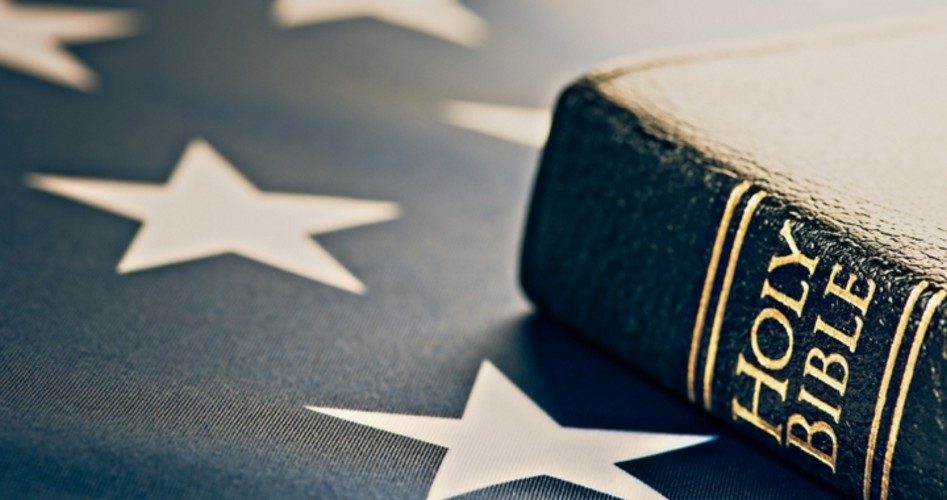
A judge denied a Los Angeles County request for a temporary restraining order prohibiting Sun Valley’s Grace Community Church from holding indoor services — a request that was almost certainly in retaliation for the church’s daring to challenge the state’s stay-at-home orders in court.
“Hours after Grace Community Church filed suit to invalidate Los Angeles County’s unconstitutional restrictions on churches, the county filed for a temporary restraining order to force the church to stop holding indoor services and comply with unreasonable and over-broad demands,” reads a press release from the Thomas More Society, which is assisting with the church’s case.
“Judge James Chalfant denied almost all of the county’s requests at the August 14 Los Angeles Superior Court hearing, agreeing with {Pastor John] MacArthur and the church that it is the county’s burden to show why they should be permitted to infringe on the constitutionally protected rights of churches to freely exercise religion.”
On July 26, after months of holding outdoors-only worship services, Grace Community Church resumed in-person services, not requiring congregants to engage in social distancing, mask wearing, or any of the other rituals of the COVID-19 religion.
Three days later, MacArthur received a letter from the county ordering him to stop holding indoor services and threatening him with a fine of up $1,000 and imprisonment for up to 90 days for each such service his church held.
Nevertheless, he persisted. The church held indoor services the next two Sundays and then filed suit against the orders under which the county claimed to derive its authority to prohibit such services. As The New American reported Friday, that lawsuit challenged the orders at their most fundamental level. It pointed out that they were invalid under the California constitution’s guarantees of freedom of religion, speech, and assembly; that the church was being denied its right to due process of law; that the orders were being applied discriminately, with “protestors … being given preference”; and that the governor is prohibited from making laws under the state constitution’s separation-of-powers clause. It further noted that the threat of COVID-19 is minimal and that the consequences of social isolation caused by the orders could have far worse consequences than the virus itself. And it bluntly stated, “California has no such power to determine whether churches are ‘essential,’ as the federal and state constitutions have already done so.”
According to the Thomas More Society’s press release, during Friday’s hearing, Chalfant “expressed safety concerns,” at which point the church agreed to enforce social-distancing and mask-wearing requirements on its congregants until the full hearing takes place. It is currently scheduled for September 4.
“I am very grateful the court has allowed us to meet inside and we are happy for a few weeks to comply and respect what the judge has asked of us because he is allowing us to meet,” said MacArthur. “This vindicates our desire to stay open and serve our people. This also gives us an opportunity to show that we are not trying to be rebellious or unreasonable, but that we will stand firm to protect our church against unreasonable, unconstitutional restrictions.”
Jenna Ellis, one of the church’s attorneys, called Chalfant’s decision “a huge vindication” for the church’s leadership, adding that MacArthur’s “biblical stand for church being essential has now been rightly validated.”
That assumes, of course, that the church prevails in its lawsuit and is not forced to continue with its “temporary” measures indefinitely. Indeed, one could make the case that while the church has attained a victory in the legal sense, it is a step backward. MacArthur is now thanking the government for “allowing” the church to meet — though he previously denied needing anyone’s permission — under stricter rules than it had been applying when it was meeting in complete defiance of the state.
That Chalfant ruled mostly in the church’s favor is a positive sign. One hopes that he — and whichever judges end up hearing the appeals that will almost inevitably occur — will ultimately side fully with the state and federal constitutions, and consequently the church. Who knows? If the case goes far enough (i.e., to the U.S. Supreme Court), it could end up invalidating unconstitutional coronavirus dictates all across the fruited plain.
Photo: 200mm/iStock/Getty Images Plus
Michael Tennant is a freelance writer and regular contributor to The New American.



